
Commissioned to make a propaganda film about the 1936 Olympic Games in Germany, director Leni Riefenstahl created a celebration of the human form. Where the two-part epic’s first half, Festival of the Nations, focused on the international aspects of the 1936 Olympic Games held in Berlin, part two, The Festival of Beauty, concentrates on individual athletes such as equestrians, gymnasts, and swimmers, climaxing with American Glenn Morris’ performance in the decathalon and the games’ majestic closing ceremonies.
You May Also Like
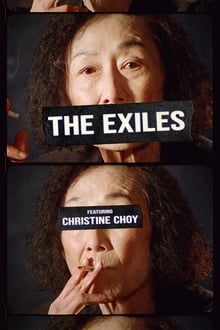
Brash and opinionated, Christine Choy is a documentarian, cinematographer, professor, and quintessential New Yorker whose films and teaching have influenced a generation of artists. In 1989 she started to film the leaders of the Tiananmen Square pro-democracy protests who escaped to political exile following the June 4 massacre. Though Choy never finished that project, she now travels with the old footage to Taiwan, Maryland, and Paris in order to share it with the dissidents who have never been able to return home.

A young man aspiring for recognition of his talents battles against his estranged father’s sentiment towards him as the father deals with his own demons.
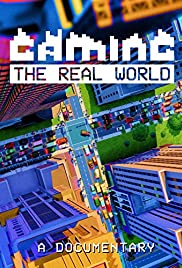
Can games change the world? With cities everywhere struggling to cope with the population growth that increased urbanisation brings, can video games be harnessed to help the residents, especially young people, take part in planning, and fixing their own cities? Today public spaces and entire cities are being designed, planned and played through the medium of games. The result of this ‘civic gamification’ is that city architecture and urban planning is being democratized. Cities have become the ground zero for digital innovation and the debate about how our cities evolve has suddenly gone viral. We follow three game companies navigating the space where urban planning and gaming meet. Lydia Winters at the game developer Mojang, the creators of Minecraft, Paradox Interactive and the game Cities: Skylines and José Sanches and his indie game Block’hood. How will our cities look in 20 – 100 years time?

Charting Aubrey Gordon’s journey from anonymous blogger to NY Times bestselling author and podcast host, and the complexities of making change. It’s a film about fatness, family and the deep, messy feelings all of us hold about our bodies.
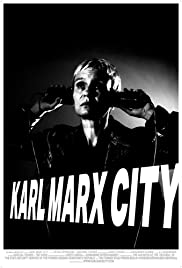
Petra Epperlein and Michael Tucker take a powerfully personal journey through the former East Germany, as Epperlein investigates her father’s 1999 suicide and the possibility that he may have worked as a spy for the dreaded Stasi security service.
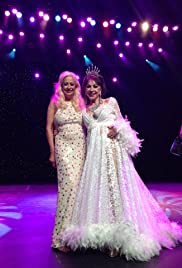
League of Exotique Dancers explores vintage Burlesque’s world of fun, frolic, and feathers, yet also turns the spotlight on the poverty, racism, and sexism that were rampant under all that glitter.
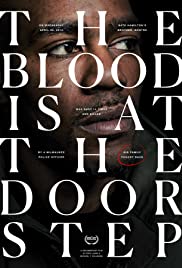
After Dontre Hamilton, a black, unarmed man diagnosed with schizophrenia, was shot 14 times and killed by police in Milwaukee, his family embarks on a quest for answers, justice and reform as the investigation unfolds.

Chile was the venue for the 1962 finals, where holders Brazil were expected to regain their crown. The host, Chile, took them all the way in an epic semi-final, but the classy Brazilians eventually beat Chile 4-2 and went on to beat another surprise package, Czechoslovakia, 3-1 in a one-sided final.

Between pastoral fields and council housing, in an industrial estate on the edge of Europe’s most westerly city, the best cheerleaders from across Ireland come together to form the national cheerleading team. This ensemble film centres on a gang of young misfits and oddballs who, through cheerleading, are finding their place in the world.
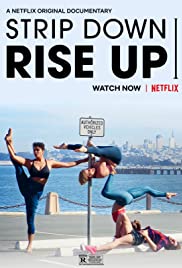
The feature documentary follows women of all walks of life, all ages and ethnic backgrounds, as they shed trauma, body image shame, sexual abuse and other issues locked in their bodies, and embark on a journey to reclaim themselves. The film also gives a rare window into the world of Pole artistry and expression.
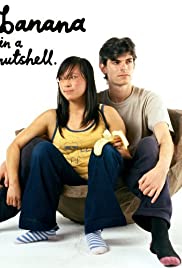
An intimate portrait of a Chinese-European couple in New Zealand, and their journey to get a blessing for marriage from traditional Chinese parents.
The story that led to the film, My Wedding and Other Secrets.
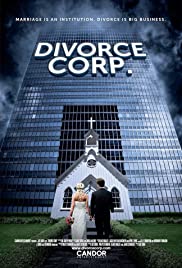
More money flows through the family courts, and into the hands of courthouse insiders, than in all other court systems in America combined – over $50 billion a year and growing. Through extensive research and interviews with the nation’s top divorce lawyers, mediators, judges, politicians, litigants and journalists, DIVORCE CORP. uncovers how children are torn from their homes, unlicensed custody evaluators extort money, and abusive judges play god with people’s lives while enriching their friends. This explosive documentary reveals the family courts as unregulated, extra-constitutional fiefdoms. Rather than assist victims of domestic crimes, these courts often precipitate them. And rather than help parents and children move on, as they are mandated to do, these courts – and their associates – drag out cases for years, sometimes decades, ultimately resulting in a rash of social ills, including home foreclosure, bankruptcy, suicide and violence.